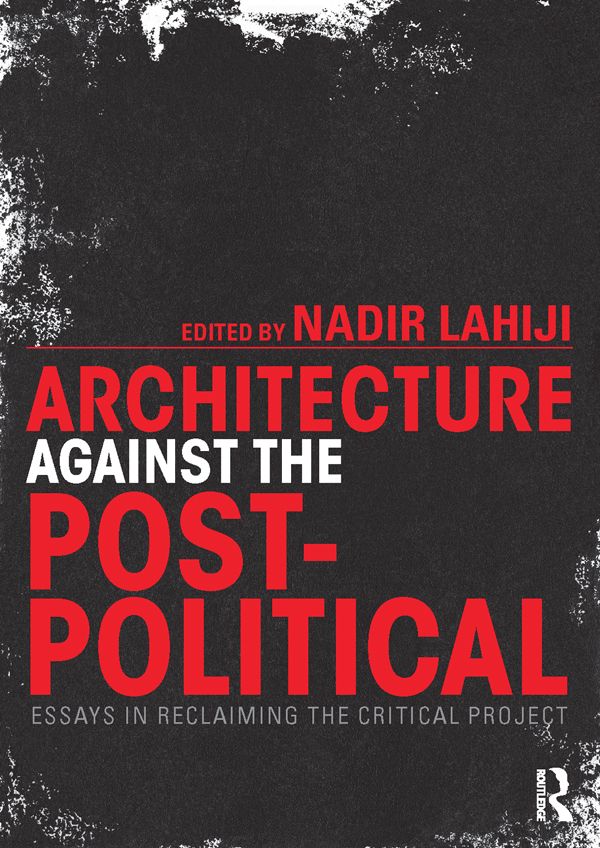

Most ebook files are in PDF format, so you can easily read them using various software such as Foxit Reader or directly on the Google Chrome browser.
Some ebook files are released by publishers in other formats such as .awz, .mobi, .epub, .fb2, etc. You may need to install specific software to read these formats on mobile/PC, such as Calibre.
Please read the tutorial at this link: https://ebookbell.com/faq
We offer FREE conversion to the popular formats you request; however, this may take some time. Therefore, right after payment, please email us, and we will try to provide the service as quickly as possible.
For some exceptional file formats or broken links (if any), please refrain from opening any disputes. Instead, email us first, and we will try to assist within a maximum of 6 hours.
EbookBell Team

5.0
80 reviewsWritten by a team of renowned contributors and carefully edited to address the themes laid out by the editors in their introduction, the book includes theoretical issues concerning the questions of aesthetics and politics and addresses city and urban strategies within the general critique of the "post-political". By focusing on specific case studies from Warsaw, Barcelona, Dubai, Tokyo and many more the book consolidates the contributions of a diverse group of academics, architects and critics from Europe, the Middle East and America.
This collection fills the gap in the existing literature on the relation between politics and aesthetics, and its implications for the theoretical discourse of architecture today. In summary, this book provides a response to the predominant de-politicization in academic discourse and is an attempt to re-claim the abandoned critical project in architecture.
ReviewArchitecture Against the Post-Political represents a landmark moment in architectural theory. Fighting against a strong de-politicization of the theory and criticism surrounding the subject, this volume brings the full weight of recent critical philosophy to bear on the act of theorizing architecture. - Todd McGowan, Associate Professor at The University of Vermont
Can a democratizing and emancipatory architectural theory and practice be reclaimed from the debilitating debris of post-political consensual technocracy and the obscene jouissance of post-modern nihilism? This book offers courageous answers and a timely foray into reopening a political space for architecture.- Erik Swyngedouw, Professor of Geography at The University of Manchester
About the AuthorNadir Lahiji is Associate Professor of Architecture at the University of Canberra, Australia. He is the editor of Missed Encounter of Radical Philosophy with Architecture (Bloomsbury, 2014). He previously edited The Political Unconscious: Re-Opening Jameson’s Narrative (Ashgate, 2011) and co-edited Plumbing: Sounding Modern Architecture (Princeton Architectural Press, 1997). He teaches architecture theory, modernity, and contemporary criticism in the intersections of philosophy, radical social theory and psychoanalytical theory.